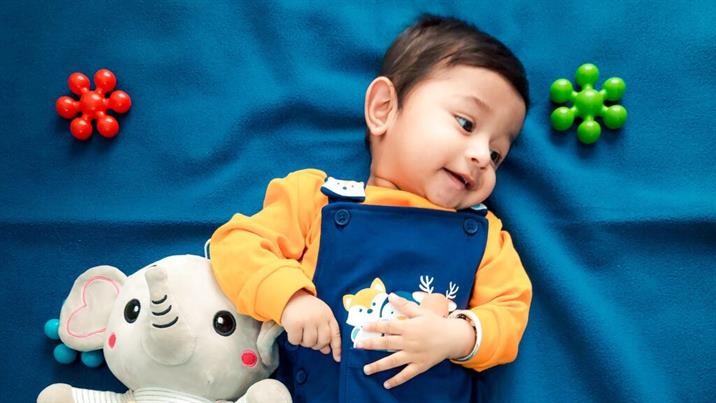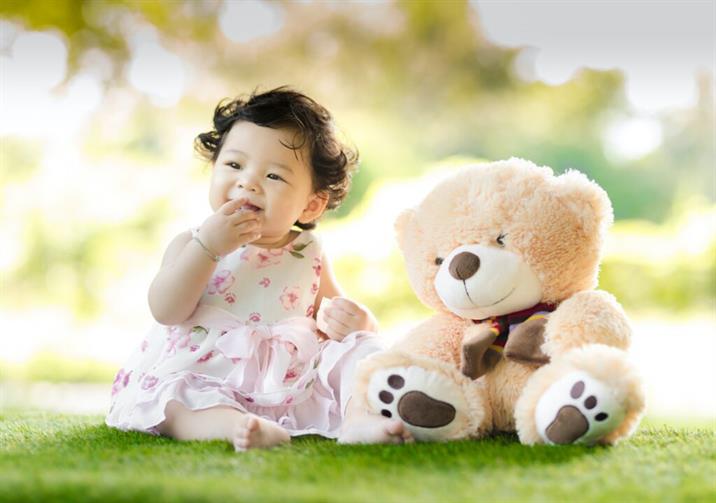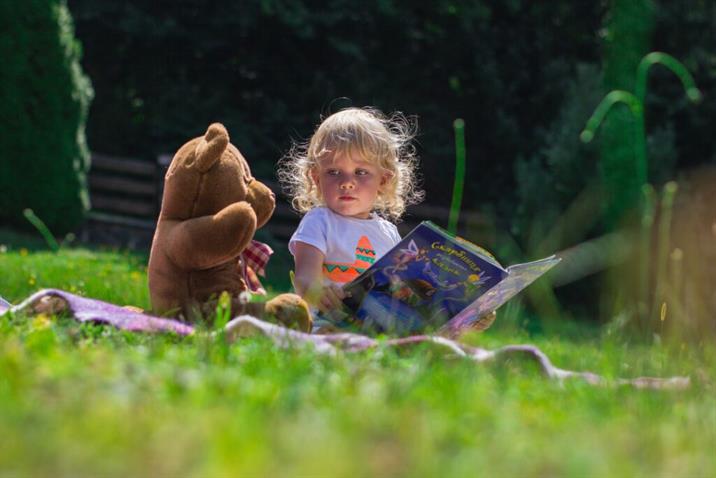Children have an innate curiosity about the world around them. They are always eager to learn and explore new things. One of the things that fascinates children is animals. From a young age, children are drawn to animals, whether it’s a cute little puppy, a fuzzy bunny or a big, majestic lion. Kids love the presence of animals around them, and for good reason. In this article, we will explore why kids love the presence of animals and the benefits they gain from interacting with them.
Why Kids Love the Presence of Animals Around
The Fascination with Animals
Children are fascinated by animals because they are different from humans. Animals have unique characteristics and behaviors that are interesting to observe. For example, children may be fascinated by the way a cat can climb up a tree or how a bird can fly. They are also intrigued by the different sounds animals make, from a lion’s roar to a bird’s chirping.
Animals also provide a sense of wonder and magic to children. They may associate certain animals with their favorite stories or movies, such as a rabbit with Alice in Wonderland or a lion with The Lion King. These associations can create a sense of excitement and imagination in children.
Interacting with Animals
In addition to being fascinating, animals can provide many benefits for children. Interacting with animals can help children develop a sense of responsibility and empathy. Taking care of a pet, such as feeding and playing with it, can teach children the importance of caring for another living being.
Animals can also provide emotional support for children. Studies have shown that interacting with animals can reduce stress and anxiety and improve mood. Animals can be particularly helpful for children who have experienced trauma or are going through a difficult time. For example, therapy dogs have been used to help children cope with anxiety, depression, and post-traumatic stress disorder (PTSD).
The Role of Animal Soft Toys and Stuffed Animals

Animal soft toys and stuffed animals play an important role in children’s lives. They provide comfort and security, especially for younger children who may have separation anxiety or trouble sleeping. A favorite stuffed animal can be a source of comfort for a child, providing a sense of familiarity and safety.

Soft toys and stuffed animals also encourage imaginative play. Children can create their own stories and adventures with their toys, using their imaginations to bring their animal friends to life. This type of play can help develop creativity and problem-solving skills.
The Benefits of Pet Ownership for Children as Kids love the presence of animals
Companionship
One of the primary benefits of pet ownership for children is companionship. Pets can be loyal and affectionate companions, providing comfort and support to children. For children who may feel lonely or isolated, a pet can provide a sense of connection and belonging. This is especially important for only children or children who are new to a school or community.
Responsibility
Another benefit of pet ownership for children is the sense of responsibility it can instill in them. Taking care of a pet requires commitment and consistency, such as feeding and providing water, cleaning up after them, and taking them for walks or exercise. This responsibility can help children learn important life skills such as time management, organization, and accountability.
Social Development
Pets can also help children develop socially. Taking care of a pet can provide opportunities for children to interact with others, such as taking the dog for a walk or going to the dog park. This can help children develop social skills and build friendships. Additionally, having a pet can be a great conversation starter, providing a common interest and topic to discuss with others.
Emotional Development

Pet ownership can also benefit a child’s emotional development. Studies have shown that interacting with animals can reduce stress, anxiety, and depression, and promote feelings of calm and well-being. This can be particularly important for children who may struggle with emotional regulation or have experienced trauma.
Education
Pets can also be a great educational tool for children. They can learn about the different breeds of animals, their behaviors and characteristics, and how to properly care for them. This can promote curiosity and a love of learning, as well as respect and empathy for animals.
In conclusion, pet ownership can provide many benefits for children, including companionship, responsibility, social and emotional development, and education. However, it’s important to note that pet ownership requires commitment and resources, such as time, money, and space. As parents and caregivers, it’s important to carefully consider whether pet ownership is right for your family before bringing a pet into the home. If done responsibly, pet ownership can be a wonderful experience for both children and animals.
